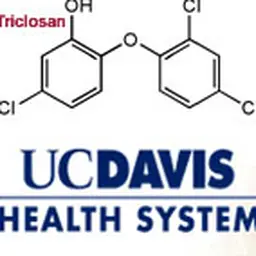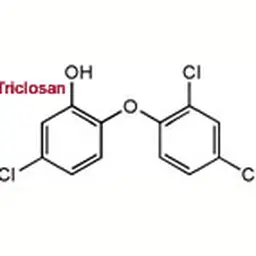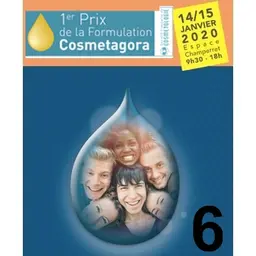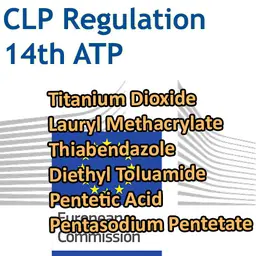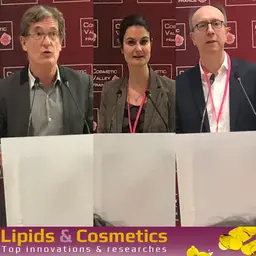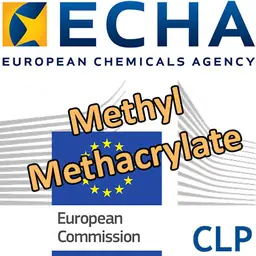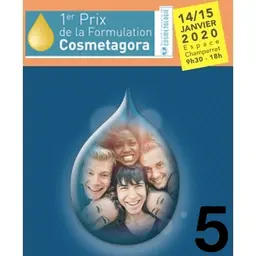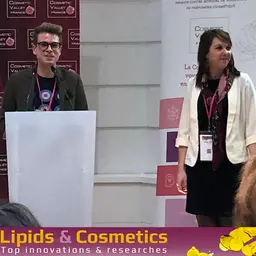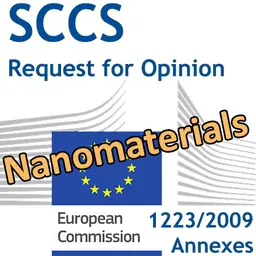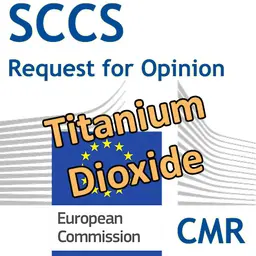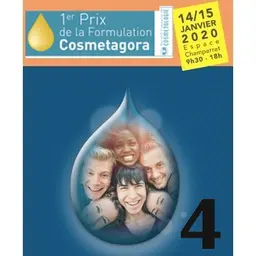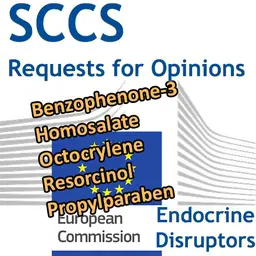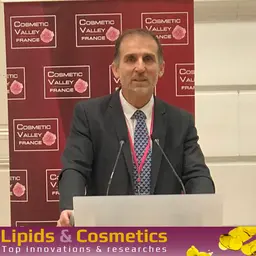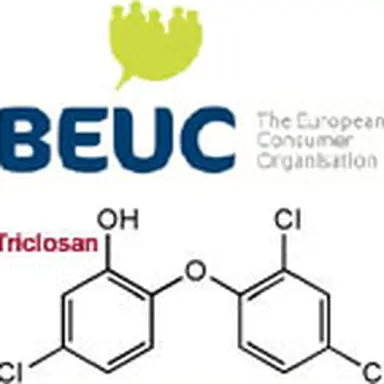
The European Consumer Organisation (BEUC) has just released its position on Triclosan. According to this organisation, the use of triclosan needs to be strictly limited in cosmetic products to protect consumers' health.
BEUC provides in this position paper input to the European Commission’s public consultation on the use of triclosan in cosmetic products. The Commission proposes limiting the use of triclosan as a preservative in cosmetic and personal care products to 0.3% maximum concentration in ready for use preparations for:
• toothpastes;
• hand soaps
• bath and shower products
• deodorants
• face powders and blemish concealers
• nail care products.
A maximum concentration of 0.2% is foreseen for mouthwash.
BEUC is in the opinion that triclosan which is used as an antimicrobial agent in many consumer products such as cosmetics, detergents, toys and paints for decades should not be present in most consumer products and in particular not in cosmetic products as these are applied directly to the skin. Its argument is twofold.
First, the substance cannot be considered to be fully safe for human health as triclosan is suspected to lead to the formation of antimicrobial resistances. Moreover, the substance is suspected to disturb the hormonal system.
Second, the use of triclosan is not needed as preservative in cosmetics as there alternatives of lesser concern are available. Comparative product tests of consumer organisations show regularly that there are many …

